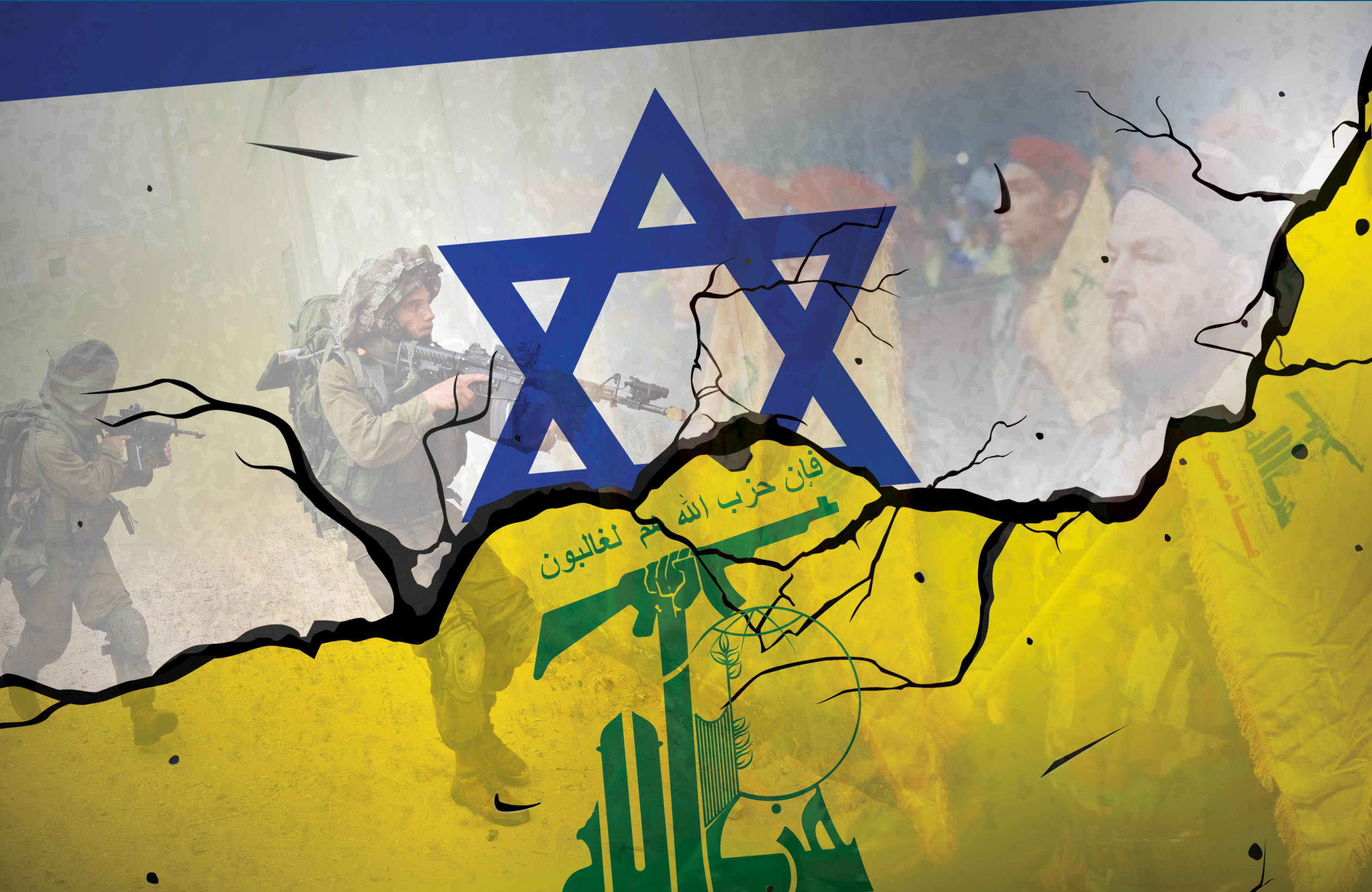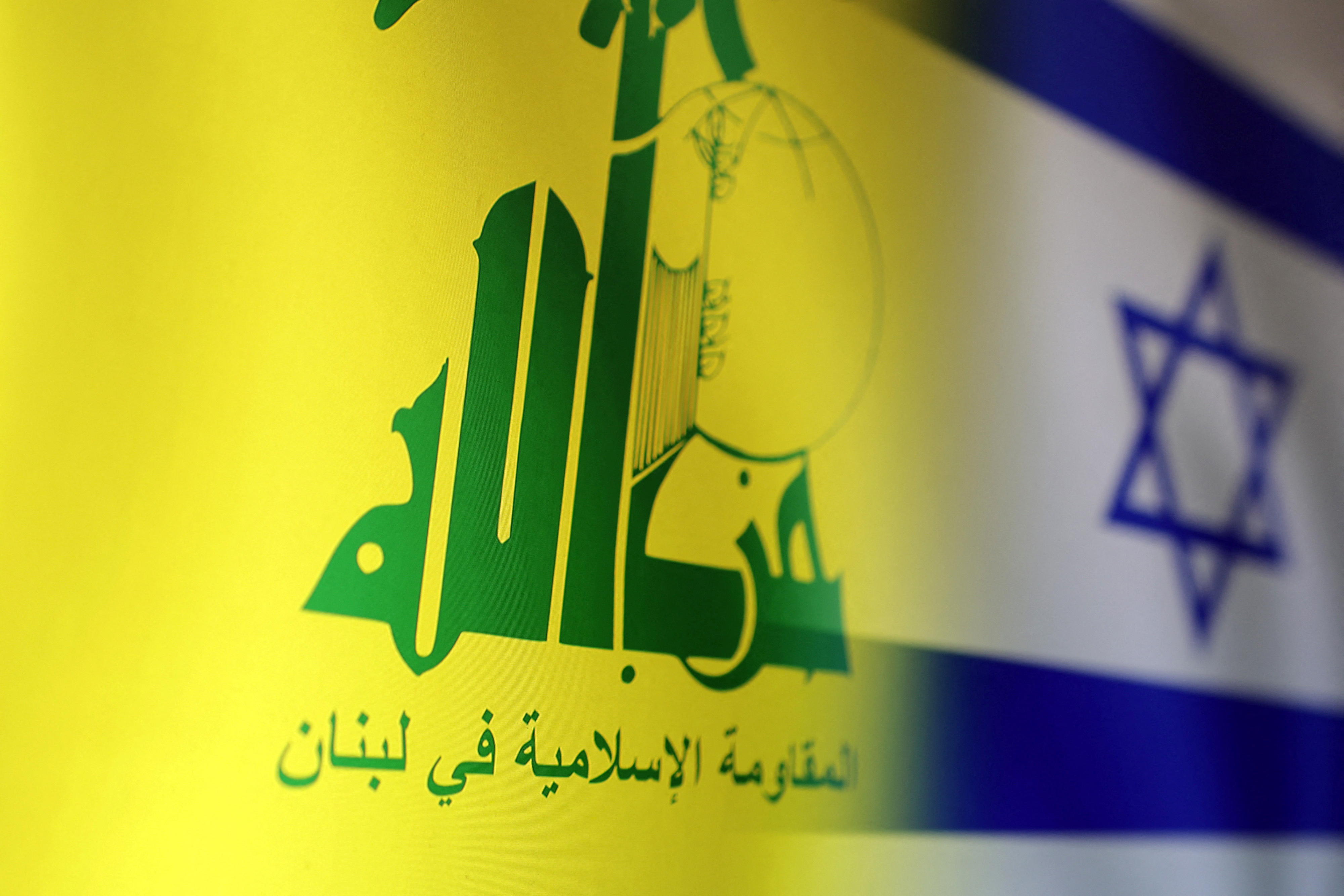Former Aide Says Iranian President-Elect 'Is Not Superman'
Reviving the Iran nuclear deal remains off the agenda for the Biden administration, a U.S. State Department spokesperson said on August 26, as Tehran called for “new negotiations” to update the agreement before it can be revived.

Challenges in Reviving the Iran Nuclear Deal
Iran’s new foreign minister, Abbas Araqchi, said last week that the agreement “cannot be revived in its current form” due to sunset clauses that have expired and insisted that new talks are needed to resuscitate the agreement.
However, a State Department spokesperson told RFE/RL that the Joint Comprehensive Plan of Action (JCPOA), as the 2015 nuclear accord is formally known, “is not on the table right now.” The United States unilaterally exited the deal in 2018 under then-U.S. President Donald Trump.

Importance of Diplomacy in Achieving a Solution
“The United States will ensure one way or another that Iran will never have a nuclear weapon, and we are prepared to use all elements of national power to ensure that outcome,” the spokesperson said. Still, Washington views “diplomacy as the best way to achieve a sustainable, effective solution,” the spokesperson said.
During a televised interview, Araqchi conceded that renegotiating the agreement would be challenging. “This document definitely needs to be reopened and parts of it needs to be changed. That is no easy task because once you reopen a document, putting it back together will be challenging,” he said in a live television interview.

Impact of Recent Events on Negotiations
Complicating matters further are the November presidential election in the United States and ongoing wars in Ukraine and Gaza. Araqchi said the Ukraine war had “deeply impacted how Europeans view security,” while the Gaza conflict has “completely upended the situation in the region.”
The deal restricted Iran’s nuclear program and capped uranium enrichment at 3.67 percent. In return, the United States lifted sanctions that had suffocated Iran’s economy and energy sectors. But Trump withdrew the United States from the agreement in 2018 and reimposed sanctions that had been lifted under its terms. Iran retaliated by gradually scaling back its commitments and is currently enriching uranium at 60 percent.
Political Developments in Iran
Araqchi, then a deputy foreign minister, led Iran’s negotiating team when Tehran and Washington started indirect talks in April 2021 to restore the agreement. Negotiations paused when hard-line President Ebrahim Raisi came to power in Iran and a new team of negotiators entered the fray.

Iran's new president, Masud Pezeshkian, who succeeded Raisi after he died in a helicopter crash earlier this year, has vowed to engage the West. But the ultimate decision-maker in Iran is Supreme Leader Ayatollah Ali Khamenei, who has praised efforts by conservatives to expand the country's nuclear program.
Recent Escalation Between Israel and Hizballah
Israel has reportedly launched new strikes at Hizballah, which has been designated a terrorist organization by the United States, just inside Lebanon a day after a heavy exchange of missile and drone attacks between the two foes that Iran claimed showed a shift in the balance of power.
State media reported on August 26 that Israel targeted the border village of Tair Harfa and an area near Sidon in Lebanon a day after Hizballah launched scores of rockets and drones against targets in northern and central Israel in the early hours of August 25.
Iran said on August 26 that the exchange of fire showed Israel has lost its deterrent power and ability to predict the time and place of even a limited and calibrated attack. Despite the full backing of its supporters, including the United States, Israel has lost its deterrent power, Iranian Foreign Ministry spokesman Nasser Kanani wrote on X.
Potential for Escalation in the Region
The ongoing conflict between Israel and Hizballah, along with the political developments in Iran, have raised concerns about the potential for further escalation in the region. The recent events highlight the complex dynamics at play and the challenges involved in achieving lasting peace and stability.


















